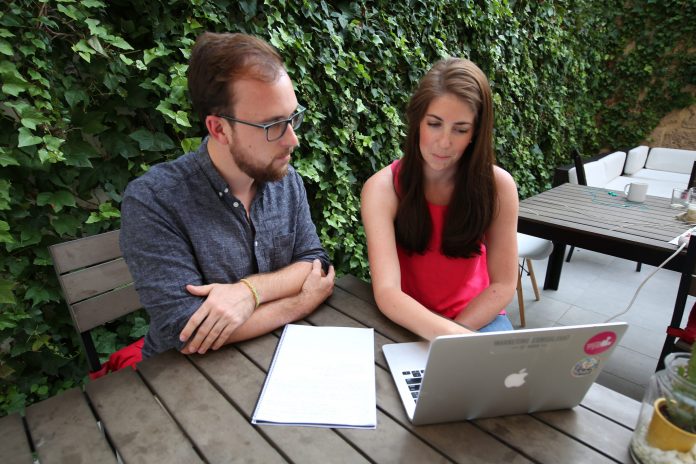Imagine a single digital gateway that would help citizens and firms access information and administrative procedures online, from requesting a birth certificate to registering a car. The European Parliament’s Internal Market Committee on February 22 did just that.
MEPs on the committee discussed a proposal to set up a single digital entry point, available in all EU languages and to be integrated in the “Your Europe” portal. It would provide access and links to relevant national and EU websites and webpages, making it easier to find information, forms and assistance for people moving to or doing business in another EU country, but also for those staying at home.
Also, EU member states would be required to grant online access to the most important and frequently used procedures, such as requests for a birth certificate, car registration, permits for business activity or registering for social security benefits. The information would be available in at least one additional EU language, “broadly understood by the largest possible number of users”.
“Easy access to improved online information, administrative procedures and problem-solving solutions are key elements for the success of the digital single market,” said Marlene Mizzi (S&D, MT), lead MEP on this file. “People and companies often waste precious time and money tangled up in red tape, with information and procedures that are often scattered, incomplete and not transparent.”
According to a European Parliament press release, MEPs added new procedures to the 13 proposed by the EU Commission, including requesting a residence certificate, enrolling in a public university, requesting recognition of professional qualification, declaring income taxes, and also VAT registration for companies.
Also, the MEPs agreed on the “once only” principle aims to ensure that citizens and businesses are asked to submit information only once to a public administration, which can then be re-used in other procedures, upon the user’s request.
According to the European Commission, the proposal could help EU citizens save up to 855 000 hours of their time annually and companies could save more than €11bn per year.
The Progressive Alliance of Socialists and Democrats (S&D) Group in the European Parliament, which backed the creation of the single digital gateway, stressed it can give a boost to the EU’s Single Market.
“The digitalisation of government services through the proposal for a single digital gateway can help the Single Market reach its full potential,” said S&D Group spokesperson for the internal market, Nicola Danti. “It can enhance citizens’ understanding of their rights and obligations, and make interactions with public administrations more convenient for citizens and businesses. For the S&D Group it is of paramount importance that these benefits of digitalisation can be enjoyed by everyone. This is why we want to ensure that the member states will have information on national websites available in an additional EU language, and why we have proposed new provisions on the accessibility of the gateway for persons with disabilities.”
For the Alliance of Liberals and Democrats for Europe (ALDE) Group, every EU citizen should be able to benefit from e-government services.
“I want every EU citizen to be able to benefit from e-government services, and the Single Digital Gateway initiative is certainly a great starting point for that. I am also a strong supporter of the ‘once only’ principle. If the government has already requested information from citizens, it should not ask it again. I want governments to work for citizens, not the other way around,” said MEP Kaja Kallas, ALDE’s shadow rapporteur on this regulation.

